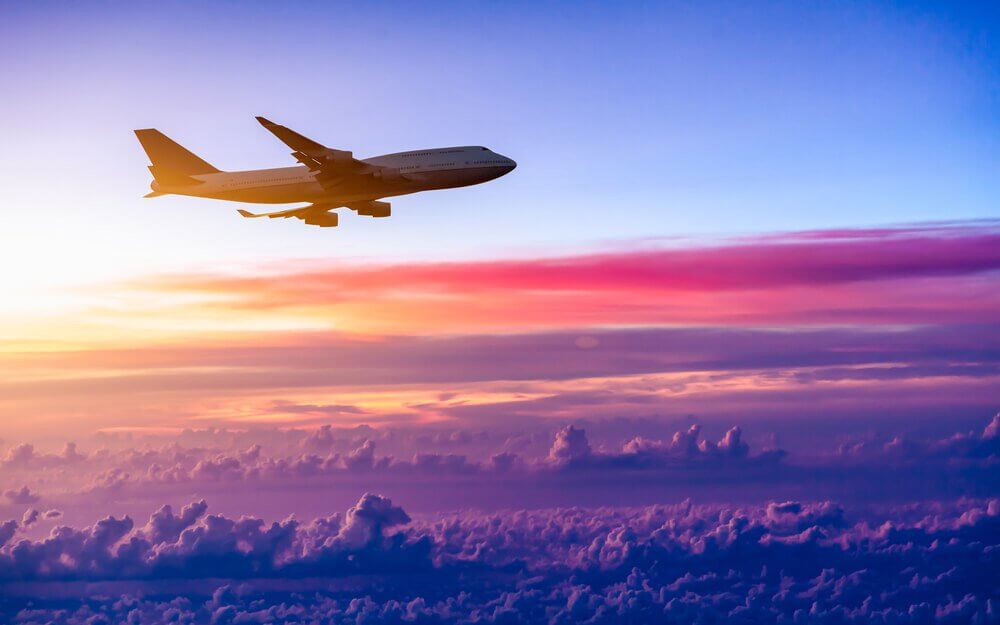It’s no secret that travel creates waste. The common American produces 4.4 kilos of trash in keeping with day, and it’s probable that journey will increase use of unmarried-use plastic, like water bottles and cutlery, packaged meals, individually-wrapped condiments, and tiny shampoo and conditioner bottles in hotels, to name a few.
With China refusing to take a great deal of the West’s recycling, growing garbage patches in the oceans, and the arena’s plastic trouble attaining dire instances, one travel business enterprise is stepping up with big goals to start solving this global problem.
Natural Habitat Adventures is launching its first 0-waste journey next month, as a part of its Yellowstone Country excursion. The employer—that is a hundred% carbon impartial and is the conservation journey associate of World Wildlife Fund—is aware of the goal of becoming all of the waste created from 14 tourists on this seven-day trip into a unmarried small box is a lofty one.
But their purpose of changing the entire enterprise is even loftier. “The instructions we examine from this experience can have a ripple impact as we incorporate them across our business, and we’ll create a exceptional practices record for the entire industry to start being extra sustainable,” stated Court Whelan, Natural Habitat’s Director of Sustainability and Conservation.
On why the agency selected Yellowstone to release this test, Whelan spoke back, “It’s symbolic, as the sector’s first countrywide park. If we’re going for such an audacious purpose, why now not have it be connected to something as audacious as that monumental conservation attempt?”
He says that this initiative is likewise economically useful for their companions. “One of the things we’ve already discovered is that resorts are clearly high-quality with not placing unmarried-use shampoos in our visitor’s rooms, for example, as it saves them a few cash. It’s higher from an environmental perspective, however providers are also seeing price financial savings immediately, midterm, and long time with the aid of no longer having to supply these things.”
In addition to presenting vacationers with non-public reusable objects like water bottles, transporting packed meals in reusable containers, and other tasks, this ride will even attention on a form of waste that’s often omitted: food. “forty% of all food created is by no means eaten. It’s wasted,” said Whelan. “That’s a huge percentage, specially while we’re speakme about how we’re going to feed billions of humans over the following many years. Of course we are able to compost. But greater than some thing, it’s about converting how a whole lot we definitely produce. We’re going to weigh all of the food we create and recycle; if we’re growing a hundred kilos of uneaten meals, for instance, we’ll paintings with restaurants on making smaller quantities.”
“We’re likely going to keep 2 hundred-300 kilos of trash on this one journey, that’s a drop in the bucket,” mentioned Whelan. “But we’re going to similarly create this conservation tradition inside our clients, the industry, and the arena. One of the most critical matters we will do for the world is create that lifestyle.” He cites the no-straw motion; even though straws create simplest three% (tops) of plastic thrown away, the movement spurred people to begin thinking about being part of the solution. “We’re creating a brand new mind-set and fluency within the language in the conservation.”








